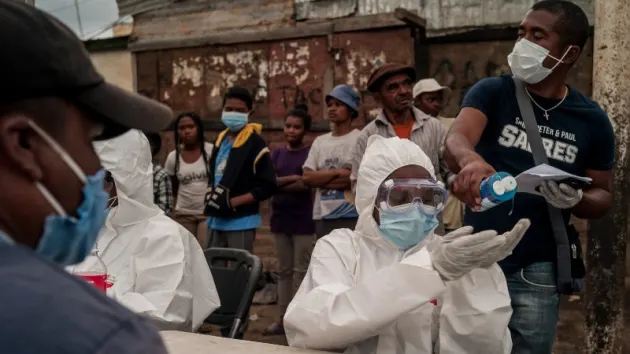Several human rights organizations submitted a joint third-party intervention in Duarte Agostinho and others v. Portugal and others, the first climate change case before the European Court of Human Rights (ECtHR). The intervenors drew on international, regional and comparative constitutional law standards to reaffirm States’ clear human rights obligations to adopt and enforce adequate and effective measures to address the climate crisis by reducing emissions within their territories and extraterritorially.
In the Duarte Agostinho case, a groundbreaking legal action, six Portuguese youth have sued 33 European States for violating their human rights by not adopting sufficient measures to reduce greenhouse gas emissions. The youth have sought a legally binding decision from the ECtHR requiring governments in Europe to take the urgent action needed to stop the climate crisis. If the youth are successful in their application, it will have a significant impact across Europe and indeed beyond for climate justice and human rights. The plaintiffs are supported by the Global Legal Action Network (GLAN). Please see herefor more information on the case.
The aforementioned joint third-party intervention supporting the Duarte Agostinho case aims to establish the impacts of the climate crisis on rights pertaining to a healthy environment and related economic, social and cultural rights, as well as the right to life, as a foundation triggering positive human rights obligations of States to take adequate action to address the climate crisis.
The intervention further elaborates on the disproportionate impacts of the climate crisis on the human rights of specific populations and the corresponding State duty to ensure substantive equality as well as prevent and redress intersectional discrimination arising in the context of the climate emergency. The intervention argues that intersectionality, which considers the compounding social constructions, historical legacies and systemic policies that foster systemic inequities, is a framework better suited than a single-axis approach to address the multi-faceted and inter-generational challenges climate change poses.
Moreover, in light of the outsized role corporations have in accelerating the climate crisis impacting the enjoyment of human rights, the third-party intervention also recalls the human rights duty of States to prevent climate change related human rights harm as well as foreseeable harm and effectively regulate businesses.
The intervening organizations include: Al-Haq, ALTSEAN-Burma, Center for the Study of Law, Justice and Society – Dejusticia, Comisión Colombiana de Juristas (CCJ), Comité Ambiental en Defensa de la Vida (CADV), the European Center for Constitutional and Human Rights (ECCHR), FIAN International, Fédération Internationale des ligues des Droits de l’Homme (FIDH), the Global Initiative for Economic, Social, and Cultural Rights (GI-ESCR), Human Rights Action (HRA), the International Human Rights Clinic at the University of Virginia School of Law, Layla Hughes, Minority Rights Group International (MRG), Observatori DESC (ESCR observatory) and the Oficina para América Latina de la Coalición Internacional para el Hábitat (HIC-AL). The ESCR-Net secretariat coordinated the filing.

